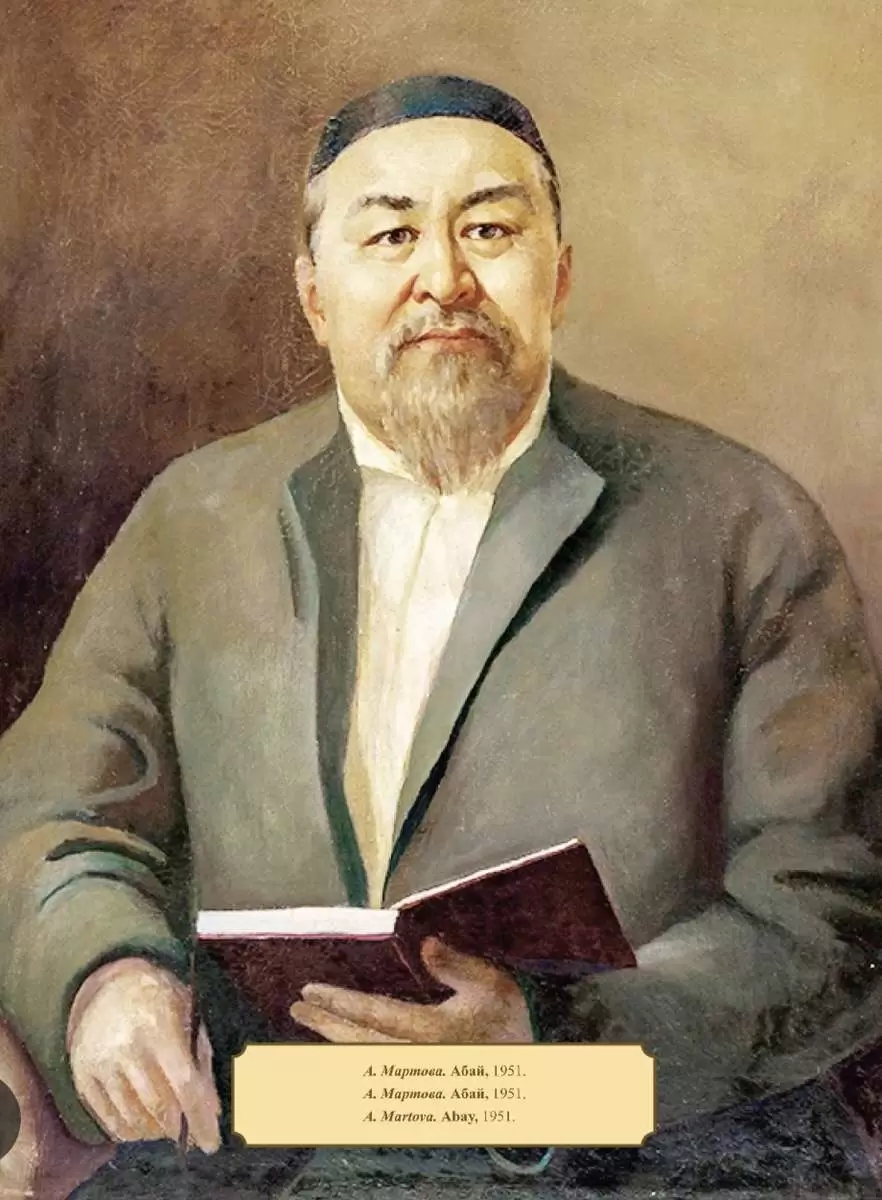
1891
Born into this world, an infant inherits two essential needs. The first is for meat, drink and sleep. These are the requirements of the flesh, without which the body cannot be the house of the soul and will not grow in height and strength. The other is a craving for knowledge. A baby will grasp at brightly colored objects, it will put them in its mouth, taste them and press them against its cheek. It will start at the sound of a pipe. Later, when a child hears the barking of a dog, the noises of animals, the laughter or weeping of people, it gets excited and asks about all that it sees and hears:
“What’s that? What’s that for? Why is he doing that?”
This is but the natural desire of the soul, the wish to see everything, hear everything and learn everything.
Without trying to fathom the mysteries of the universe, visible and invisible, without seeking an explanation for everything, one can never be what one should be — a human being. Otherwise, the spiritual life of a person will not differ from the existence of any other living creature.
From the very beginning God separated man from beast by breathing the soul into him. Why then, on growing up and gaining in wisdom, do we not seek to gratify our curiosity, which in childhood made us forget about food and sleep? Why do we not tread in the path of those who seek knowledge?
It behoves us to strive to broaden our interests and increase the wisdom that nourishes our souls. We should come to realise that spiritual virtues are far superior to bodily endowments, and so learn to subordinate our carnal desires to the dictates of our soul. But no, we have been loath to do that! Raving and croaking, we have not moved farther than the dunghill next to our village. Only in our childhood are we ruled by the soul. When we grew up and gained in strength, we rejected its dictates, we subjugated our soul to the body, and contemplated the things around us with our eyes, but not our minds; we do not trust the impulses of the soul. Satisfied with outward appearances, we make no attempt to uncover inner mysteries, in the vain belief that we shall lose nothing by such ignorance. To the counsel and advice of wise people, we reply:
“You live by your own wits, mine are good enough for me.”
Or:
“We’d rather be poor in our own wits than rich in yours.” We are incapable of recognizing their superiority and grasping the meaning of their words.
There is not a flicker of fire in our bosom nor any faith in our soul. In what way, then, do we differ from animals if we perceive things only with our eyes? It seems that we were better in our childhood. We were human then, for we sought to learn as much as possible. But today we are worse than the beasts. An animal knows nothing and has no aim in life. We know nothing, but will argue until we are hoarse; defending our obtusity, we try to pass off our ignorance as knowledge.
